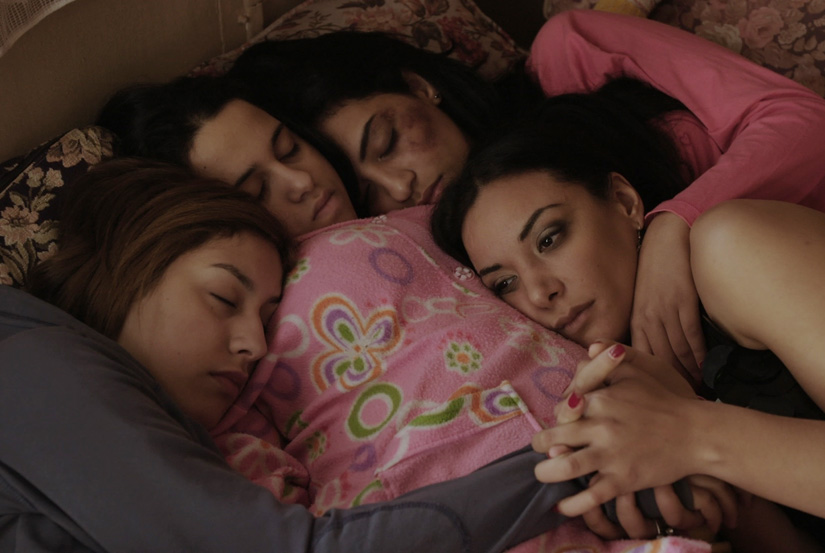
- Film
Foreign Film Submissions, 2015: Much Loved (Morocco)
Part of the Hollywood Foreign Press Association’s mission is to foster greater understanding through world cinema. This year 72 Foreign Language films were submitted for Golden Globes consideration. Here is an overview of one of them.
Much Loved exposes the fundamental hypocrisy that surrounds illegal prostitution in Morocco by following four prostitutes. They are pushed by poverty to make a living by entertaining rich Saudi tourists, under the watchful eyes of corrupt police officers, who treat them with contempt, molest them and fleece them of their money. They don’t get any better treatment from their families, who greedily take whatever “dirty” money they give them.
Apart from presenting realistic sex scenes, Much Loved breaks several societal taboos, including presenting a Saudi tourist who vents his frustration for failing to achieve an erection with brutal violence against the girl (Abidar). Later, a police officer mocks her and then rapes her, while she is in custody. Abidar simply faces further contempt from other police officers when she reports the attack.
Unfortunately, instead of sparking a debate about the issues it raises, the film has been the center of backlash over explicit sex scenes, prompting the government to ban it, issuing a statement that “it undermines the moral values and dignity of Moroccan women and is a flagrant attack on the Kingdom’s image.”
Nabil Ayoush has faced death threats, interrogation by the authorities, calls to hang him and a beheading fatwa by ISIS, since the first screening of Much Loved at the Cannes Film Festival in May. His lead actress, Loubna Abidar, also received death threats, and recently had to move to Paris following a brutal attack on her that left her bruised and scarred.
Ayoush, whose previous film Horse of God exposed the roots of Islamic extremism in his country, has defied the ban by screening the film in a private university in Rabat, arguing that “it’s healthy for a country to be able to look at itself in the mirror”. And in spite of the continuous threats on his life, he hasn’t left Morocco.
Sam Asi

